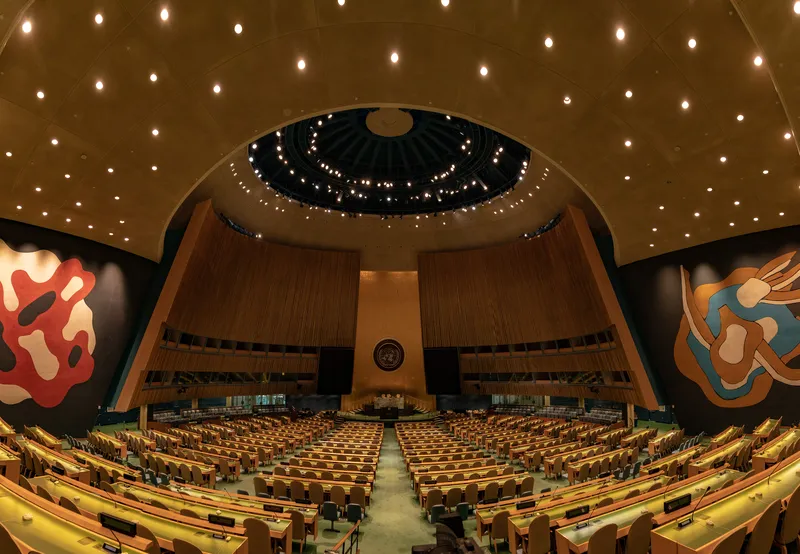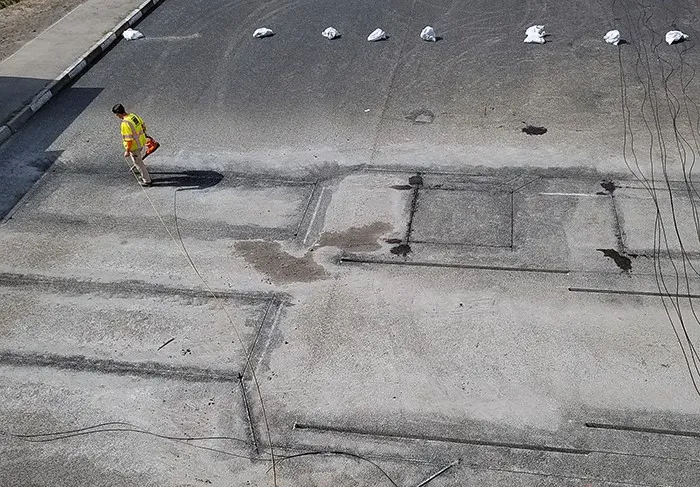
The Russian Federation must step aside from its lead negotiating role on road safety at the United Nations General Assembly (UNGA), says a leading global trade association.
Since 2009, Russia has led UNGA deliberations on successive road safety resolutions and will do so again on 30 June and 1 July 2022 at the UNGA's high-level meeting.
But the European Transport Safety Council (ETSC) warns: "Following the illegal invasion of Ukraine, the Russian Federation’s position leading road safety in the UNGA is now untenable and will put at risk the possibility of adopting a strong text."
"The text to be adopted is expected to endorse the UN Global Plan for the 2nd Decade of Action on road safety and mobilise funding commitments from the donor community. Not surprisingly, many member states, including those in the European Union, are now reluctant to allow Russia to play a leading role in this important negotiating process."
ETSC says it agrees with a statement already issued by the Global Alliance for Road Safety NGOs: “Russia has forfeited any credibility to lead on a major issue of global public health. We urge the Russian Federation to voluntarily step aside from its current negotiating role”.










